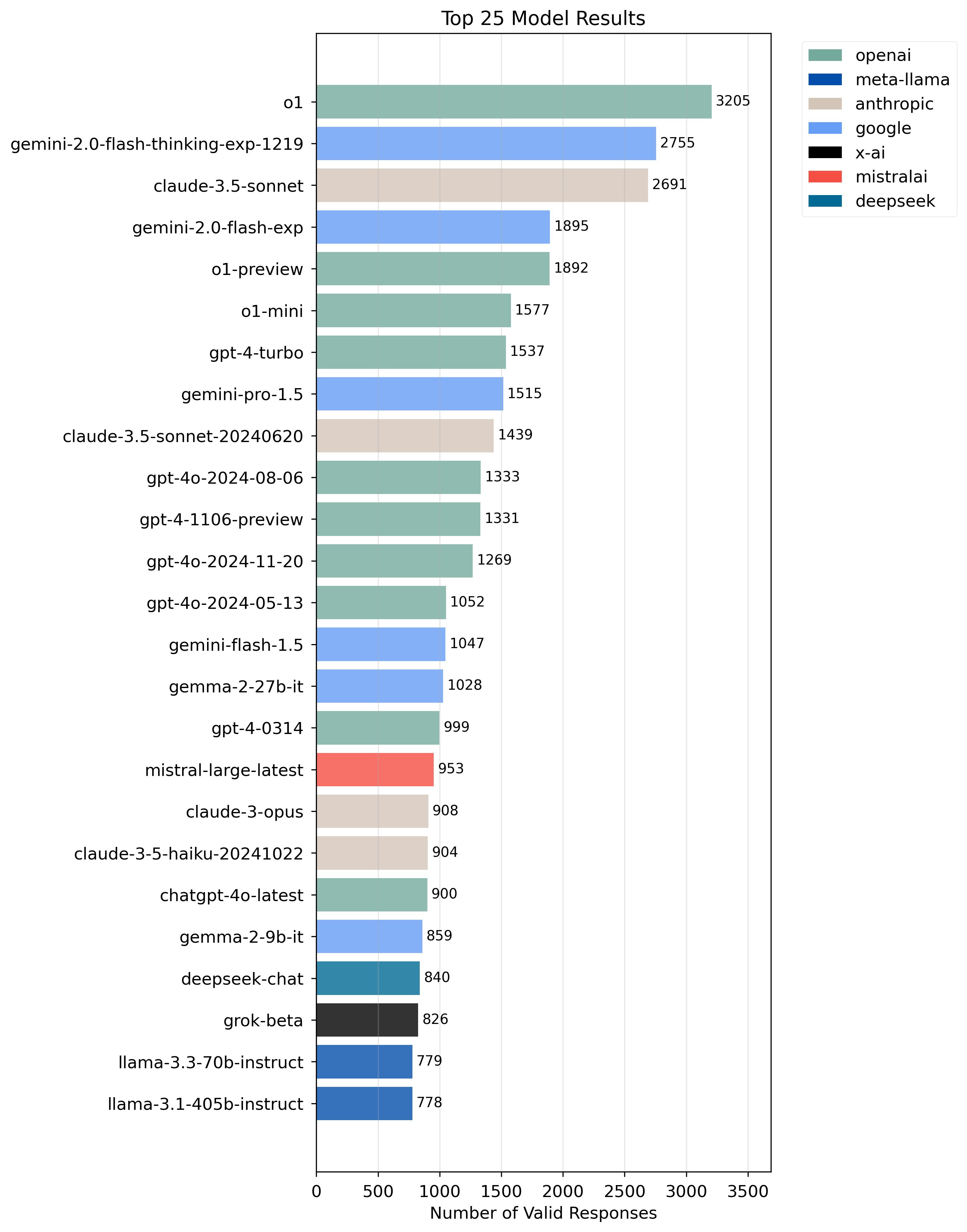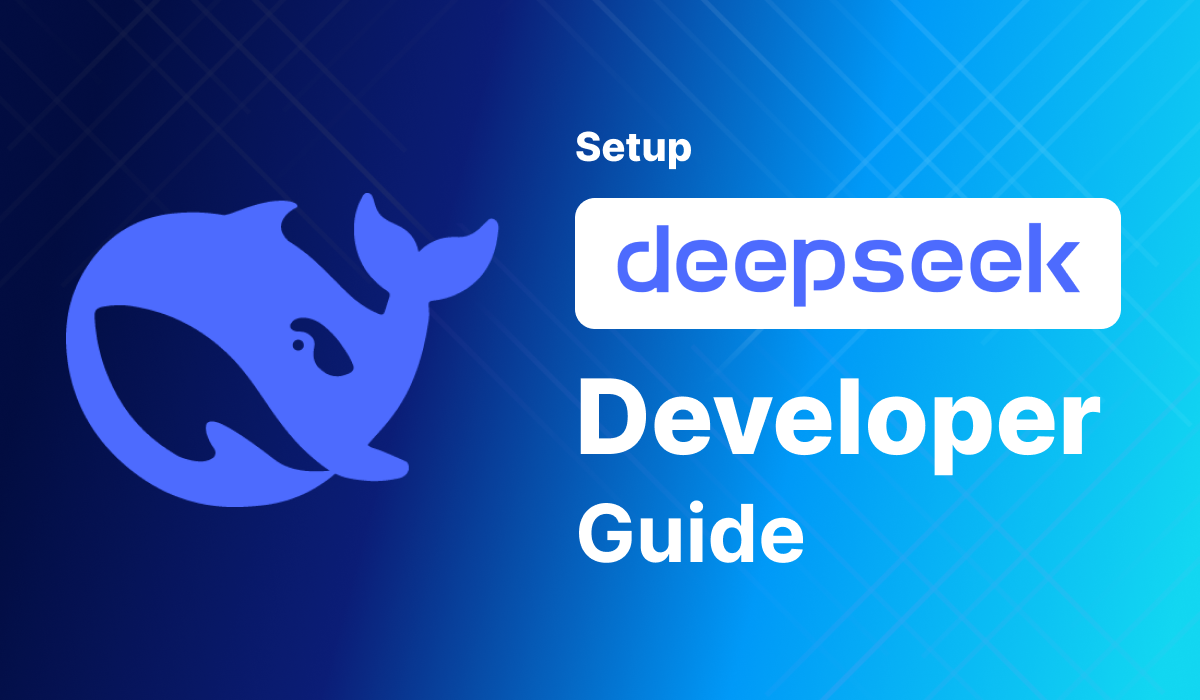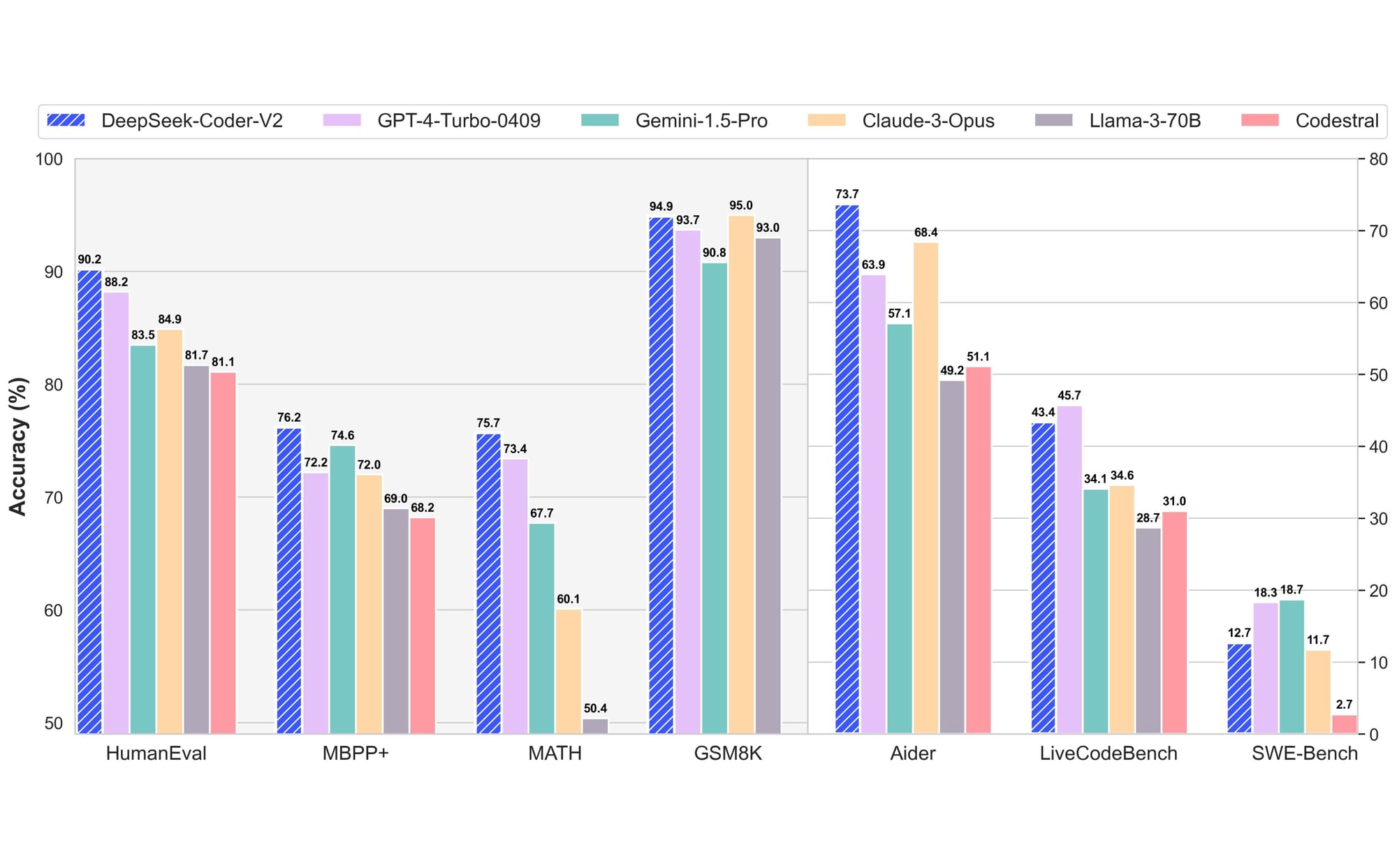Technology is changing our world at an impressive rate! Its sweeping changes can be discovered all over and they can be referred to as both thrilling, and at the same time scary. Although individuals in numerous parts of the world are still trying to come to terms with earlier technological transformations along with their sweeping social and academic implications - which are still unfolding, they have been woken up to the truth of yet another digital revolution - the AI revolution.
Expert System (AI) technology describes the ability of a digital computer system or computer-controlled robotic to carry out tasks that would otherwise have actually been performed by human beings. AI systems are developed to have the intellectual processes that characterize humans, such as the capability to factor, discover significance, generalize or gain from past experience. With AI innovation, vast quantities of info and text can be processed far beyond any human capacity. AI can likewise be used to produce a vast variety of new material.
In the field of Education, AI innovation comes with the potential to enable brand-new kinds of teaching, learning and academic management. It can also enhance learning experiences and assistance teacher tasks. However, despite its positive potential, AI likewise postures significant dangers to students, the teaching community, education systems and society at large.
What are a few of these threats? AI can decrease mentor and finding out processes to estimations and automated tasks in manner ins which devalue the role and impact of instructors and damage their relationships with learners. It can narrow education to only that which AI can process, model and deliver. AI can likewise worsen the around the world shortage of qualified instructors through disproportionate costs on innovation at the cost of investment in human capacity development.

Making use of AI in education also creates some essential concerns about the capability of teachers to act purposefully and constructively in identifying how and when to make cautious use of this innovation in an effort to direct their professional development, discover options to obstacles they deal with and improve their practice. Such fundamental concerns consist of:
· What will be the role of instructors if AI technology end up being commonly carried out in the field of education?
· What will evaluations look like?
· In a world where generative AI systems seem to be developing brand-new capabilities by the month, what abilities, outlooks and competencies should our education system cultivate?
· What changes will be needed in schools and beyond to assist trainees plan and direct their future in a world where human intelligence and machine intelligence would seem to have ended up being ever more carefully linked - one supporting the other and vice versa?

· What then would be the purpose or role of education in a world dominated by Expert system innovation where humans will not necessarily be the ones opening new frontiers of understanding and understanding?
All these and more are daunting concerns. They force us to seriously think about the concerns that develop concerning the execution of AI innovation in the field of education. We can no longer just ask: 'How do we get ready for an AI world?' We must go deeper: 'What should a world with AI appear like?' 'What functions should this powerful technology play?' 'On whose terms?' 'Who decides?'

Teachers are the primary users of AI in education, and they are anticipated to be the designers and facilitators of trainees' learning with AI, the guardians of safe and ethical practice throughout AI-rich academic environments, and to serve as function designs for long-lasting discovering AI. To presume these obligations, instructors require to be supported to develop their abilities to utilize the possible benefits of AI while mitigating its dangers in education settings and wider society.
AI tools should never be created to change the genuine responsibility of teachers in education. Teachers need to remain liable for pedagogical decisions in making use of AI in mentor and in facilitating its uses by trainees. For teachers to be accountable at the useful level, a pre-condition is that policymakers, instructor education organizations and schools assume obligation for preparing and supporting teachers in the proper use of AI. When presenting AI in education, legal protections must also be established to protect teachers' rights, and long-lasting financial commitments need to be made to ensure inclusive access by instructors to technological environments and basic AI tools as vital resources for lespoetesbizarres.free.fr adjusting to the AI age.

A human-centered technique to AI in education is crucial - an approach that promotes key ethical and

practical concepts to assist regulate and guide practices of all stakeholders throughout the entire life process of AI systems. Education, given its function to safeguard as well as help with advancement and knowing, has a special commitment to be completely knowledgeable about and responsive to the risks of AI - both the known risks and yogaasanas.science those only simply emerging. But too often the risks are ignored. Making use of AI in education therefore requires cautious consideration, including an assessment of the developing roles instructors need to play and the proficiencies required of teachers to make ethical and reliable use of Artificial Intelligence (AI) Technology.
While AI offers opportunities to support teachers in both mentor in addition to in the management of learning procedures, significant interactions in between teachers and trainees and human flourishing must stay at the center of the instructional experience. Teachers should not and hikvisiondb.webcam can not be changed by technology - it is important to protect instructors' rights and guarantee sufficient working conditions for them in the context of the growing usage of AI in the education system, in the office and in society at large.















